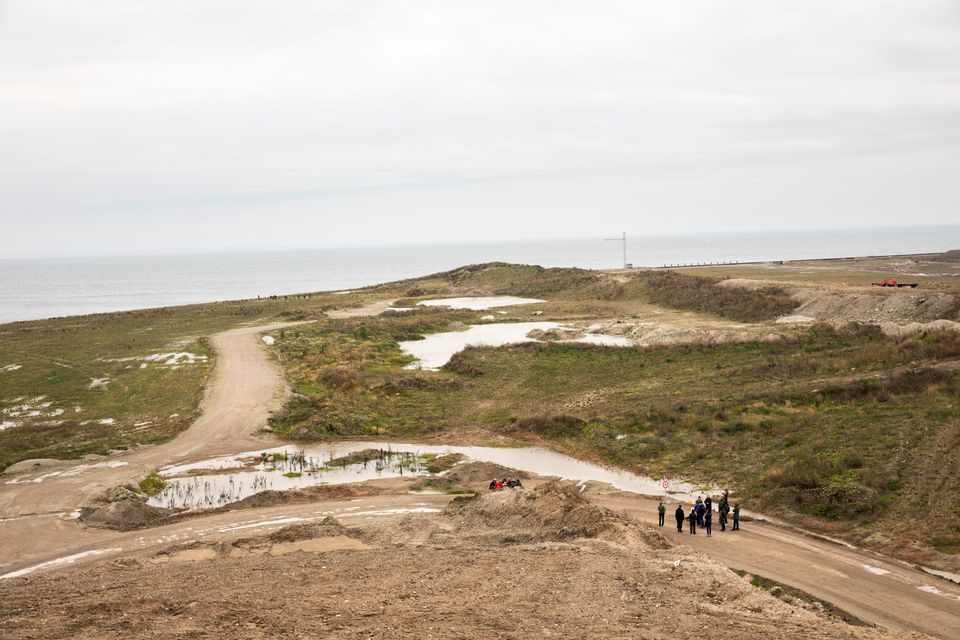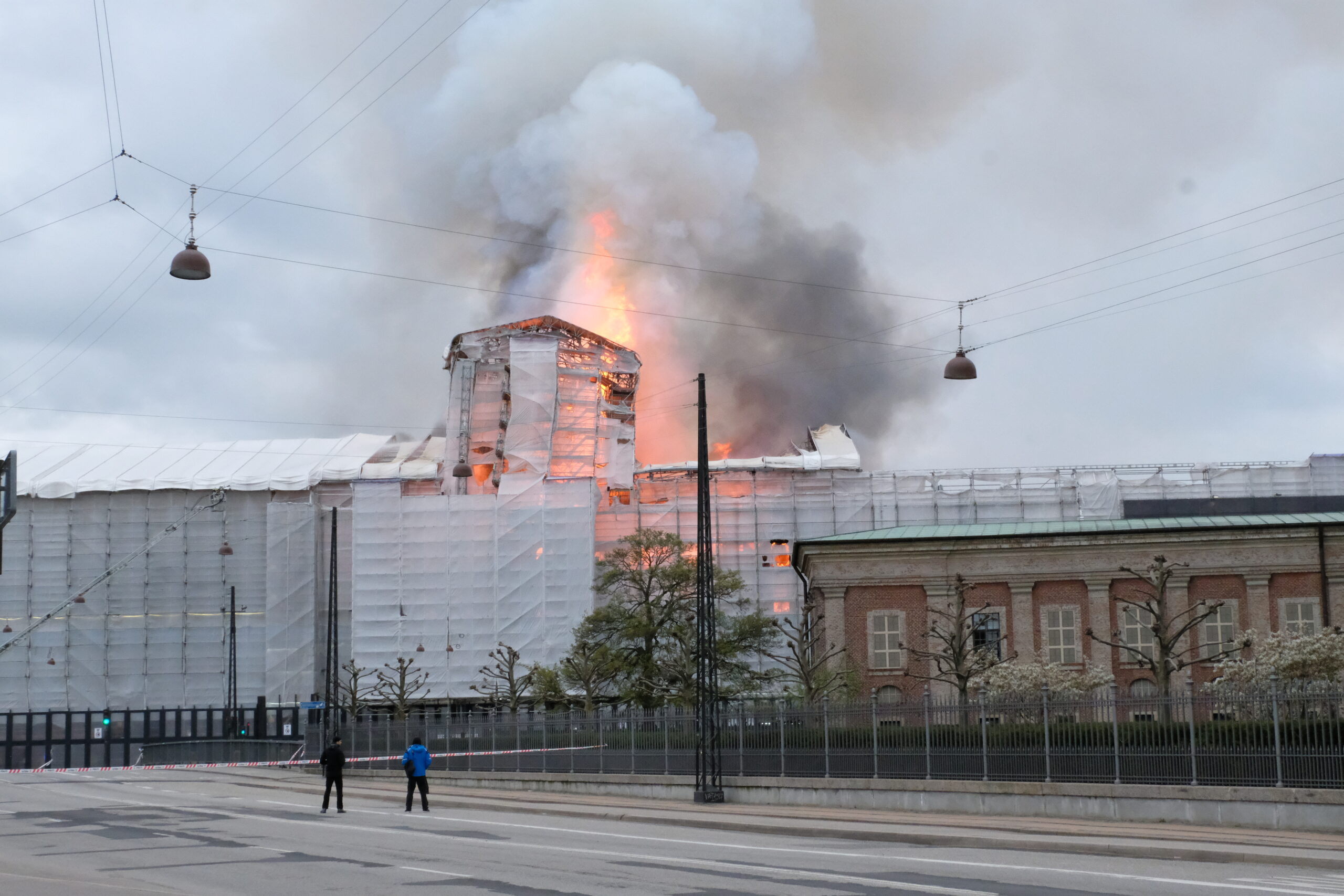 Amid the cacophony of squabbling French, Germans, Brits and Greeks, Danish voices rarely rise above the din. So as the EU seeks to plot a course away from disaster, it would seem unlikely that this nation of five and a half million on the fringe of Europe could find common ground among these in and outside the Eurozone. But as Denmark assumes the EU’s presidency, many in Brussels remain undecided about what to expect from the Danish presidency.
Amid the cacophony of squabbling French, Germans, Brits and Greeks, Danish voices rarely rise above the din. So as the EU seeks to plot a course away from disaster, it would seem unlikely that this nation of five and a half million on the fringe of Europe could find common ground among these in and outside the Eurozone. But as Denmark assumes the EU’s presidency, many in Brussels remain undecided about what to expect from the Danish presidency.
“Denmark is a very small country in a very awkward position because of the opt-outs,” said Jens Thomsen, a former EU correspondent for financial daily Børsen, and now head of communications company Impact Brussels.
As a non-euro country, Denmark is “on the margins” of the major issue in the EU, he said, while opt-outs on home affairs and justice means Denmark will chair those meetings, but not participate.
But not everyone agrees that the opt-outs are the death knell for Danish influence.
“Poland isn’t a Eurozone member either and it managed to chair the EU finance ministers’ council just fine,” Constant Brand, a Canadian journalist at the Brussels-based newspaper European Voice, said. “It’s a misconception that all the work happens at the crisis table.”
“They will still be called upon to play an important role as president to make sure new fiscal discipline rules for all 27 member states, which were recently adopted by the EU, are properly implemented. Those rules are part of a package of measures meant to ease the Eurozone debt crisis.”
To that end, “building bridges” between states inside and outside the Eurozone will be a priority for the presidency, Nicolai Wammen, the European affairs minister, said as he unveiled the government’s priorities for the coming presidency. Because the Eurozone group already has a permanent chairman, the role of the presidency in the area of financial affairs will stay the same regardless of whether a country uses the currency, he said.
"What Denmark really wants is to be known as a compromise maker,” John Frølich, a EU lecturer at the Danish School of Journalism and Media, said. “And I think we have what it takes to be a good compromise maker.”
Efficiency and consensus building are important tools for a presidency, and being small is not always a drawback, Thomsen agreed.
“Because they’re a small country, they have to be pragmatic and very flexible to get results,” Thomsen said, adding that bigger countries, by contrast, may limit their embassy’s autonomy in Brussels, or always be looking out for their vested interests.
Denmark is also large enough to handle the demands on the civil service and has experience from past presidencies. The country enters the presidency with a backlog of goodwill from its last term in 2002, when it helped push through the ‘big bang’ enlargement that saw the addition of ten new member states.
And even if it doesn’t carry the name recognition of ‘Merkozy’ (see page 7), Denmark has its own popular face in Brussels. Helle Thorning-Schmidt is a former MEP and knows how to work the union’s institutions. Despite not having a formal role under the presidency, “it’s quite obvious that she’s a strength,” said Thomsen. “She’s a known face.”
But it will take more than goodwill to successfully captain the EU during its darkest hour. The question remains whether Nordic efficiency and compromise will be enough.













